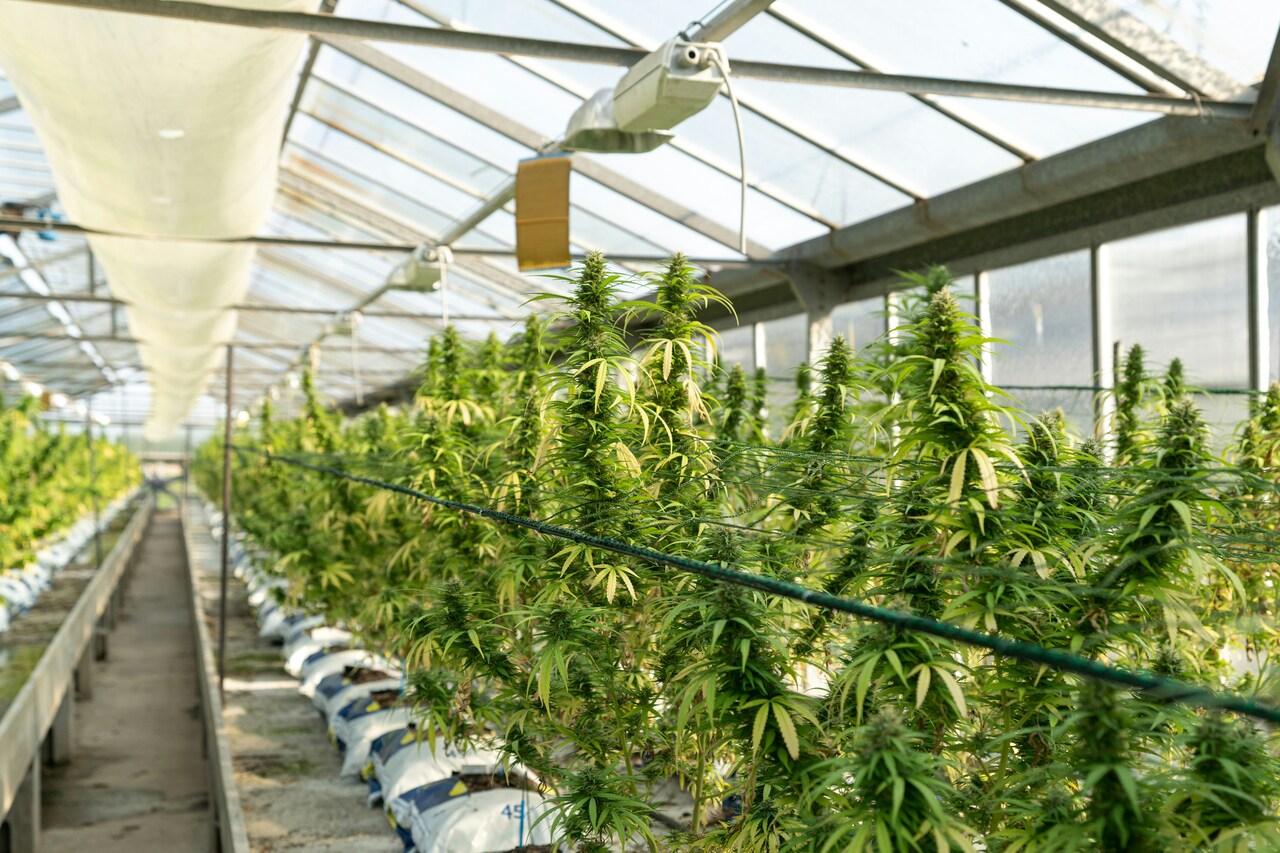Summit County cannabis laws explained

Staff report
Summit County as a whole voted in favor of legalizing recreational marijuana in November 2023. But at least nine communities have outlawed such businesses, which the law permits, and Hudson is considering legislation that would bring that number to 10.
Akron and Cuyahoga Falls currently are the only cities in the county with dispensaries that serve medical and recreational customers. Several other communities have established their own regulations or simply opted to follow the state law that governs cultivators, processors and dispensaries.
What are the laws where you live?
Existing or potential bans
Locales that have permanently banned commercial cannabis operators are:
- Fairlawn
- Green
- Clinton
- Peninsula
- Richfield
- Bath Township
- Copley Township
- Northfield Center Township
- Richfield Township
Hudson City Council had the first of three readings for a permanent ban on March 18 and sent legislation to its Planning Commission, which has 60 days to review it and make a referral to the council.
Mayor Jeffrey Anzevino said that the final council vote likely will occur in late May or early June. In the meantime, council is expected to extend a three-month moratorium on marijuana operators at its first meeting in April.
Anzevino said recent developments, including Stow regulations that permit a marijuana business near the border with Hudson and a new dispensary in Streetsboro, could affect the outcome.
“Obviously I can’t speak for our City Council and how they will vote, but when you’re looking at wanting to have something close by, if you want to have that for the broader region or group, Streetsboro has one,” he said.
State lawmakers also have proposed changes that, if passed, would affect the 10% excise tax and the 36% of its revenue designated for communities with marijuana operators. Although voters favored statewide legalization, Anzevino said, the seven council members must also consider residents who don’t want the businesses in Hudson.
“They’re looking at all these different things because things are changing as we speak,” he said.
Community-specific regulations
At least five communities have established their own marijuana business or zoning regulations — the most recent being Twinsburg.
Twinsburg City Council on March 25 unanimously approved a new chapter to its business code. It prohibits adult-use dispensaries citywide, stating that the sale of cannabis “does not promote and provide for the public peace, health, safety, convenience, prosperity and general welfare of its residents.” It makes no mention of cultivators or processors, which are currently permitted in industrial zones under city code.
Clerk of Council Shannon Collins said the city had a recreational marijuana moratorium to provide officials time to create regulations. The only discussion before the final vote was about enacting it immediately, rather than in 30 days, because the moratorium would end in early April.
Twinsburg’s mayor and council president did not return messages seeking comment.
Earlier this year, Stow City Council repealed its medical marijuana ban and established regulations that effectively permit a single cannabis business in its northwest industrial district. The city requires facilities to be 1,000 feet from a residential area, which goes beyond the state’s 500-foot buffer around schools, public parks and other community sites.
Council President Cyle Feldman said all but two precincts in the city approved Issue 2, but “we also got some feedback from residents that we didn’t want a proliferation of these facilities.” The city didn’t want to miss out on tax revenue, as well.
“We passed the legislation because we wanted to manage our local community in a reasonable, common-sense way,” Feldman said.
Officials reviewed laws in surrounding cities, such as Kent and Hudson, while crafting its rules, he said. Stow council members considered a less-restrictive, 500-foot version and a maximum of two businesses, but those motions did not receive enough votes.
Other communities that have established their own regulations are Tallmadge, Macedonia and Northfield.
Tallmadge limits dispensaries to commercial areas and limits cultivators, laboratories or processors to industrial areas. Both are permitted in the West Avenue Overlay District.
Macedonia banned dispensaries, but permits cultivators and processors in its industrial district. There only can be two of each, and they must be 1,000 feet from facilities like schools.
Northfield village banned cultivators and processors, but allows one dispensary in retail zones.
Places with no or unknown regulations
Mayor Paul Adamson reported that New Franklin had no moratoriums or city-specific regulations for cannabis businesses. The village of Mogadore also opted to leave regulations to the state.
The following communities did not respond to requests for information about their plans or permanent policies:
- Barberton
- Munroe Falls
- Norton
- Boston Heights
- Lakemore
- Reminderville
- Silver Lake
- Boston Township
- Coventry Township
- Sagamore Hills Township
- Springfield Township
Post a reply